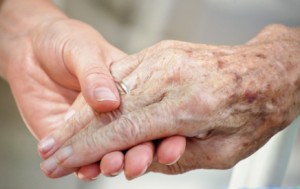Sponsorship is an incredibly important part of recovery from addiction, and sponsoring a recovering addict in food is a way to give back to the community and help someone make lasting changes in their life. It can also be a rewarding experience for the person doing the sponsoring, as it provides an opportunity to share in the struggles and successes of someone else’s recovery journey. This article will discuss the benefits of sponsoring a recovering addict in food, and ways you can help.
Sponsoring a recovering addict in food provides encouragement and support throughout the recovery process. Having someone to talk to about their experiences and struggles can be invaluable to someone who is trying to break free from addiction and make changes in their life. By being a sponsor, the recovering addict is provided with someone who can help them stay accountable and on track with their recovery goals. This sense of accountability, guidance, and support are all essential components in the recovery process.
The second benefit of sponsoring a recovering addict in food is that the sponsor is given the opportunity to give back to their community. Addicts in recovery often need access to proper nutrition, so sponsoring is a way to help someone in need, while also being aware of their overall health and well-being. Providing nutritious meals and snacks to the recovering addict helps to ensure that they have access to the proper nutrients and energy to support their recovery.
Finally, sponsoring a recovering addict in food can be personally rewarding for the sponsor. Being able to share in the successes and struggles of someone else’s recovery journey can be truly inspiring. It provides a sense of satisfaction to know that you are providing support and helping someone else in their pursuit of recovery.
There are many ways that you can sponsor a recovering addict in food. You can purchase groceries for them, bring them meals, or simply help them cook nutritious meals. You can also become involved in their recovery process and become a mentor or support person for them. There are many organizations that offer services to support addicts in recovery, and it is a great way to become connected to the recovery community.
Sponsoring a recovering addict in food is a great way to give back to the community and help someone become stronger and healthier. It can also provide a rewarding experience for the person doing the sponsoring, as they get to share in the struggles and successes of someone else’s recovery journey. If you have the opportunity and means to help someone in recovery, then it is definitely something worth considering.










